Scroll for prep

Please wait…
This video is having trouble loading. You may have lost your Internet connection.
Step 1: Click to Reload this page
Step 2: Click to
Try our other video player
Step 3: Contact your teacher if trouble persists.
Or,
dismiss this message.
DISCUSS:
What do you think this belongs to?
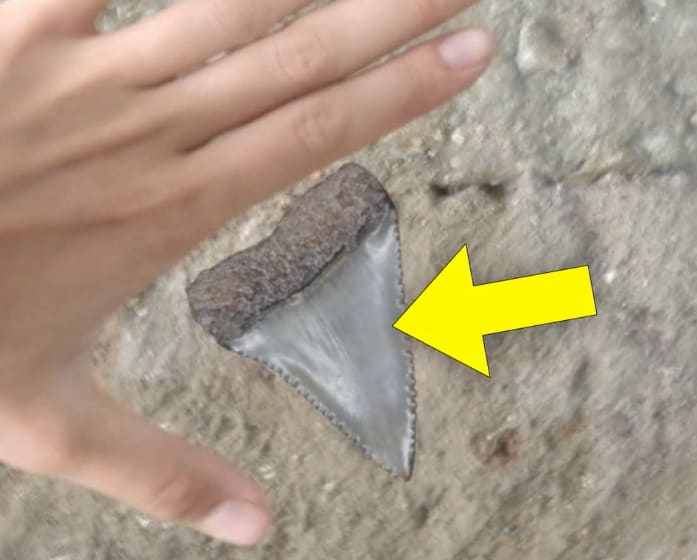

Please wait…
This video is having trouble loading. You may have lost your Internet connection.
Step 1: Click to Reload this page
Step 2: Click to
Try our other video player
Step 3: Contact your teacher if trouble persists.
Or,
dismiss this message.
DISCUSS:
So far, Doug has found fossil seashells and a fossil shark tooth. What other fossils do you think Doug would find in the quarry?

Please wait…
This video is having trouble loading. You may have lost your Internet connection.
Step 1: Click to Reload this page
Step 2: Click to
Try our other video player
Step 3: Contact your teacher if trouble persists.
Or,
dismiss this message.

Please wait…
This video is having trouble loading. You may have lost your Internet connection.
Step 1: Click to Reload this page
Step 2: Click to
Try our other video player
Step 3: Contact your teacher if trouble persists.
Or,
dismiss this message.

Please wait…
This video is having trouble loading. You may have lost your Internet connection.
Step 1: Click to Reload this page
Step 2: Click to
Try our other video player
Step 3: Contact your teacher if trouble persists.
Or,
dismiss this message.
Step
01/16
01/16
Find a partner.

Please wait…
This video is having trouble loading. You may have lost your Internet connection.
Step 1: Click to Reload this page
Step 2: Click to
Try our other video player
Step 3: Contact your teacher if trouble persists.
Or,
dismiss this message.
Step
02/16
02/16
Get these supplies. You’ll get more later.

Please wait…
This video is having trouble loading. You may have lost your Internet connection.
Step 1: Click to Reload this page
Step 2: Click to
Try our other video player
Step 3: Contact your teacher if trouble persists.
Or,
dismiss this message.
Step
03/16
03/16
Write your name on this Fossil Dig sheet. Cut along the 2 dotted lines
until you reach the stop signs.
until you reach the stop signs.

Please wait…
This video is having trouble loading. You may have lost your Internet connection.
Step 1: Click to Reload this page
Step 2: Click to
Try our other video player
Step 3: Contact your teacher if trouble persists.
Or,
dismiss this message.
Step
04/16
04/16
Put the page with your name in it on top of the other page. Then fold
stickers over both pages near the arrows.
stickers over both pages near the arrows.

Please wait…
This video is having trouble loading. You may have lost your Internet connection.
Step 1: Click to Reload this page
Step 2: Click to
Try our other video player
Step 3: Contact your teacher if trouble persists.
Or,
dismiss this message.
Step
05/16
05/16
Open the top layer, Layer A, of your fossil dig. Examine the fossils
that you find in this layer.
that you find in this layer.

Please wait…
This video is having trouble loading. You may have lost your Internet connection.
Step 1: Click to Reload this page
Step 2: Click to
Try our other video player
Step 3: Contact your teacher if trouble persists.
Or,
dismiss this message.
Step
06/16
06/16
Look at the traits of each fossil. Then fill in question #1 on your
worksheet and discuss with your partner.
worksheet and discuss with your partner.

Please wait…
This video is having trouble loading. You may have lost your Internet connection.
Step 1: Click to Reload this page
Step 2: Click to
Try our other video player
Step 3: Contact your teacher if trouble persists.
Or,
dismiss this message.
Step
07/16
07/16
Discuss. Then fill in question #2 on your worksheet.

Please wait…
This video is having trouble loading. You may have lost your Internet connection.
Step 1: Click to Reload this page
Step 2: Click to
Try our other video player
Step 3: Contact your teacher if trouble persists.
Or,
dismiss this message.
Step
08/16
08/16
Open Layer B of your fossil dig. Examine the fossils that you find in
this layer.
this layer.

Please wait…
This video is having trouble loading. You may have lost your Internet connection.
Step 1: Click to Reload this page
Step 2: Click to
Try our other video player
Step 3: Contact your teacher if trouble persists.
Or,
dismiss this message.
Step
09/16
09/16
Fill in question #3 on your worksheet and discuss with your partner.

Please wait…
This video is having trouble loading. You may have lost your Internet connection.
Step 1: Click to Reload this page
Step 2: Click to
Try our other video player
Step 3: Contact your teacher if trouble persists.
Or,
dismiss this message.
Step
10/16
10/16
Discuss. Then fill in question #4 on your worksheet.

Please wait…
This video is having trouble loading. You may have lost your Internet connection.
Step 1: Click to Reload this page
Step 2: Click to
Try our other video player
Step 3: Contact your teacher if trouble persists.
Or,
dismiss this message.
Step
11/16
11/16
Get the rest of your supplies.

Please wait…
This video is having trouble loading. You may have lost your Internet connection.
Step 1: Click to Reload this page
Step 2: Click to
Try our other video player
Step 3: Contact your teacher if trouble persists.
Or,
dismiss this message.
Step
12/16
12/16
Cut out your Mystery Fossils.

Please wait…
This video is having trouble loading. You may have lost your Internet connection.
Step 1: Click to Reload this page
Step 2: Click to
Try our other video player
Step 3: Contact your teacher if trouble persists.
Or,
dismiss this message.
Step
13/16
13/16
Observe the traits of your Mystery Fossils. Sort them into two piles.
It’s ok if it’s hard to tell where some belong.
It’s ok if it’s hard to tell where some belong.

Please wait…
This video is having trouble loading. You may have lost your Internet connection.
Step 1: Click to Reload this page
Step 2: Click to
Try our other video player
Step 3: Contact your teacher if trouble persists.
Or,
dismiss this message.
Step
14/16
14/16
Place them into their fossil layer. Then glue them in.

Please wait…
This video is having trouble loading. You may have lost your Internet connection.
Step 1: Click to Reload this page
Step 2: Click to
Try our other video player
Step 3: Contact your teacher if trouble persists.
Or,
dismiss this message.
Step
15/16
15/16
Discuss these questions.

Please wait…
This video is having trouble loading. You may have lost your Internet connection.
Step 1: Click to Reload this page
Step 2: Click to
Try our other video player
Step 3: Contact your teacher if trouble persists.
Or,
dismiss this message.
Step
16/16
16/16
Discuss these questions. Then watch the next video.

Please wait…
This video is having trouble loading. You may have lost your Internet connection.
Step 1: Click to Reload this page
Step 2: Click to
Try our other video player
Step 3: Contact your teacher if trouble persists.
Or,
dismiss this message.
DISCUSS:
Do you think habitats have changed in other parts of the world besides Illinois? How could you find out?

Please wait…
This video is having trouble loading. You may have lost your Internet connection.
Step 1: Click to Reload this page
Step 2: Click to
Try our other video player
Step 3: Contact your teacher if trouble persists.
Or,
dismiss this message.
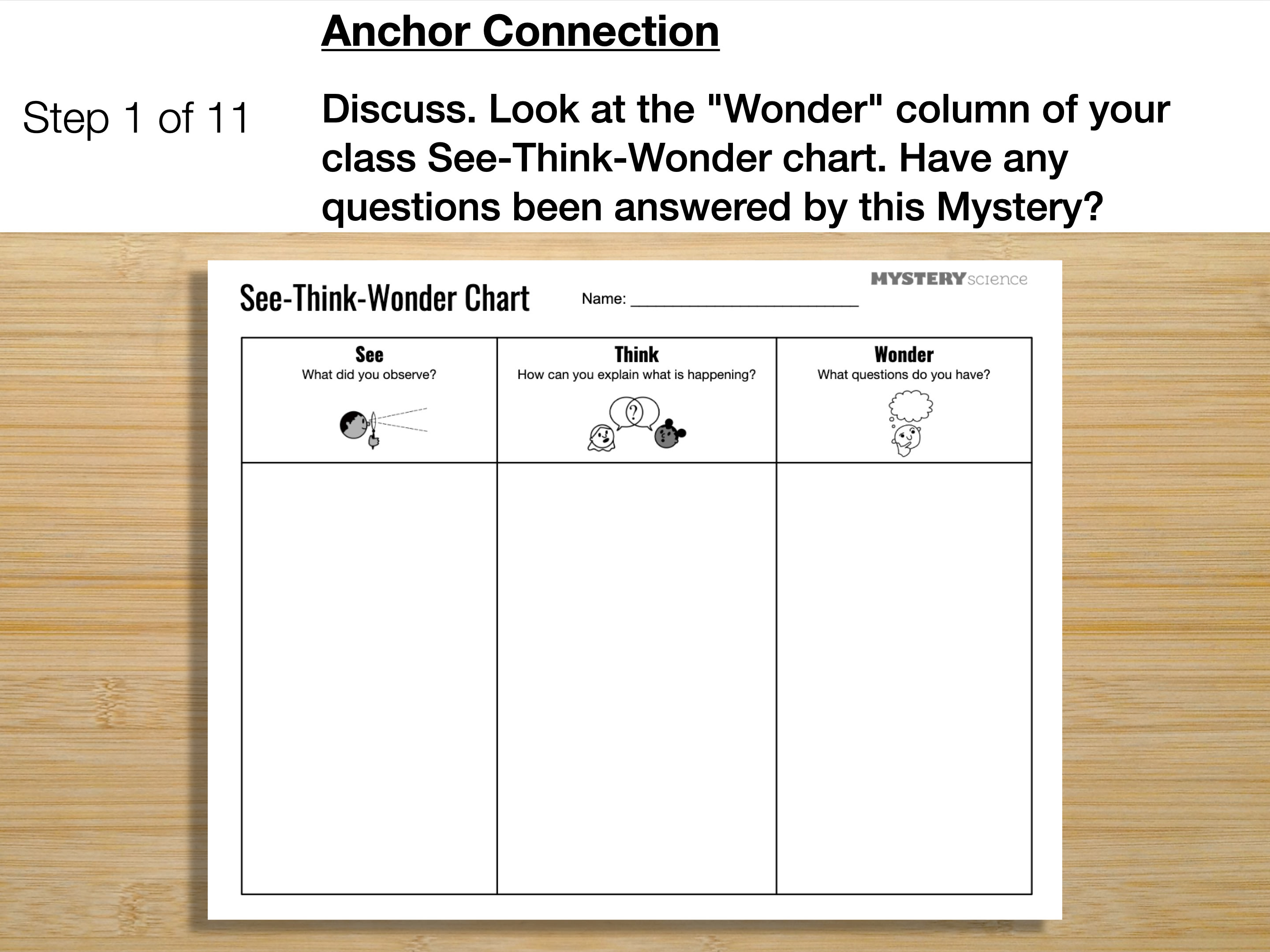
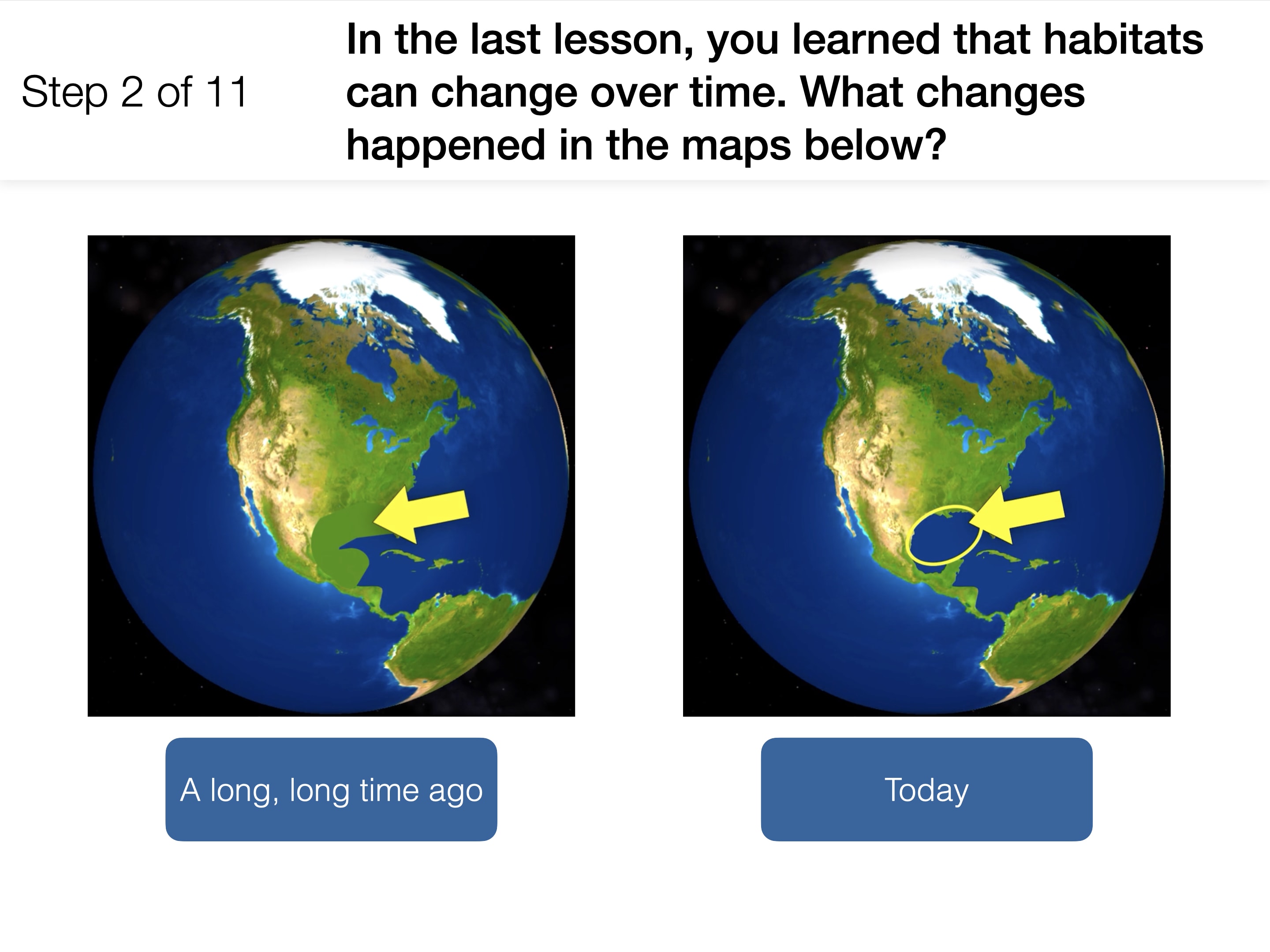
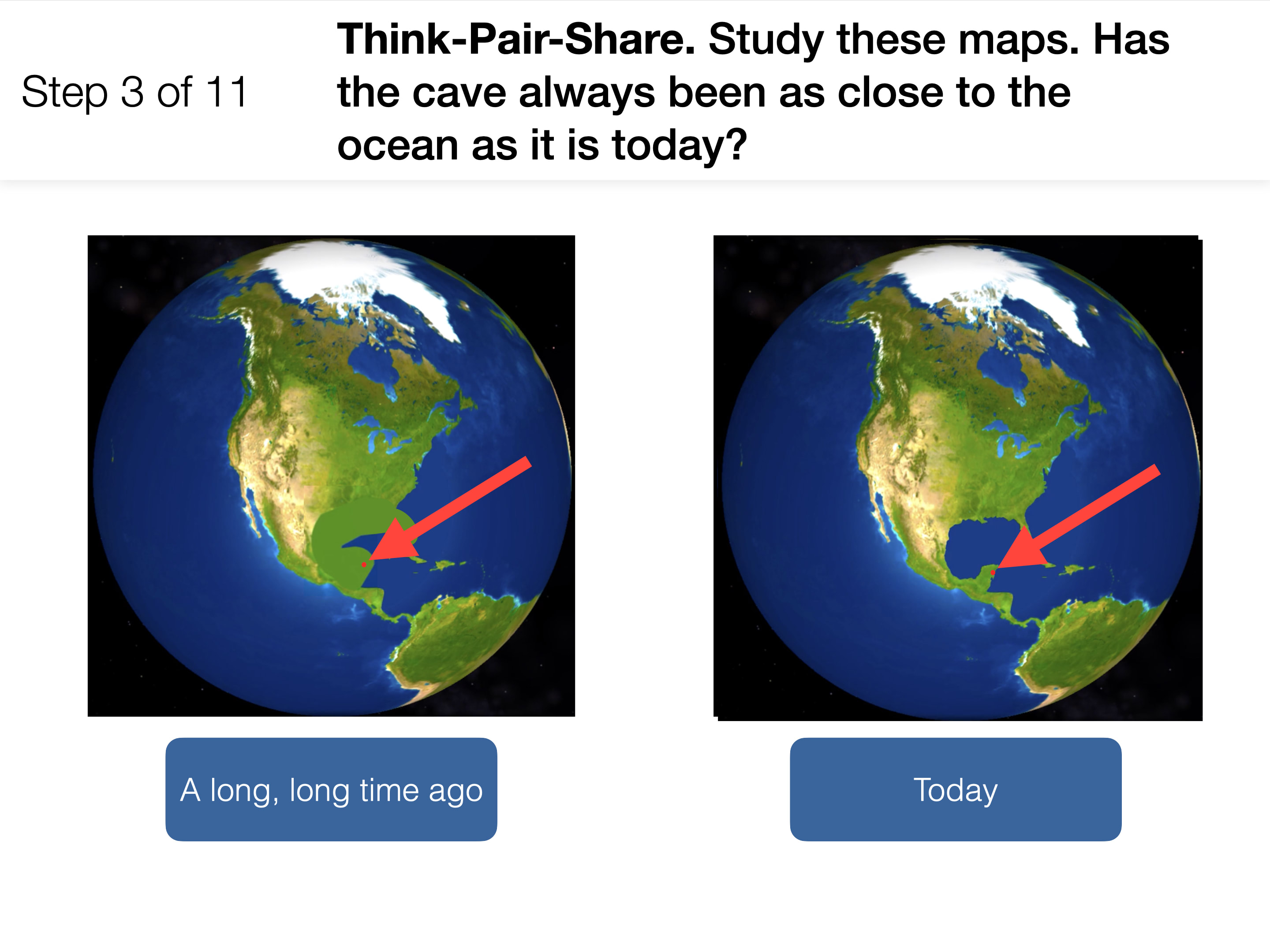
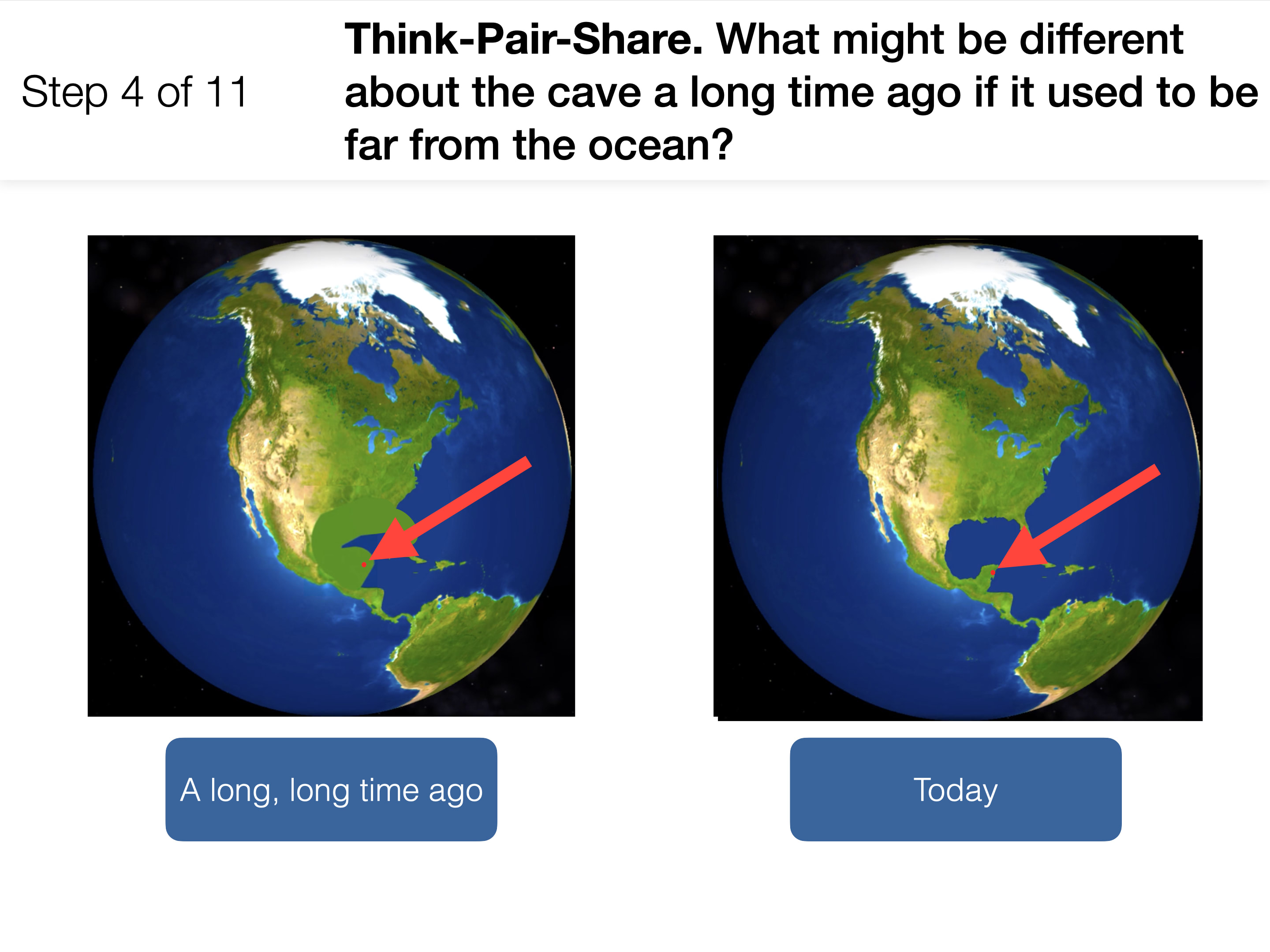
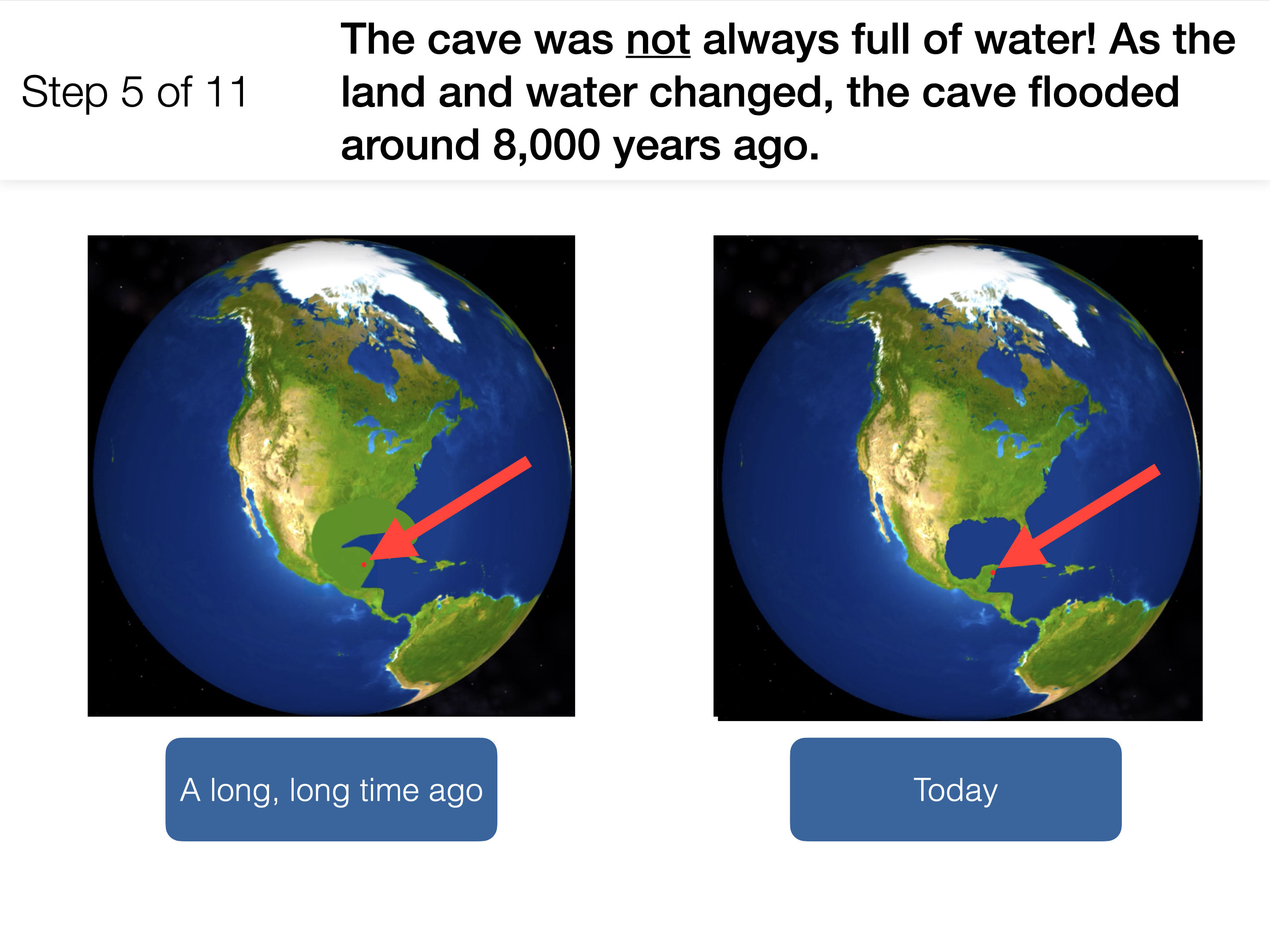
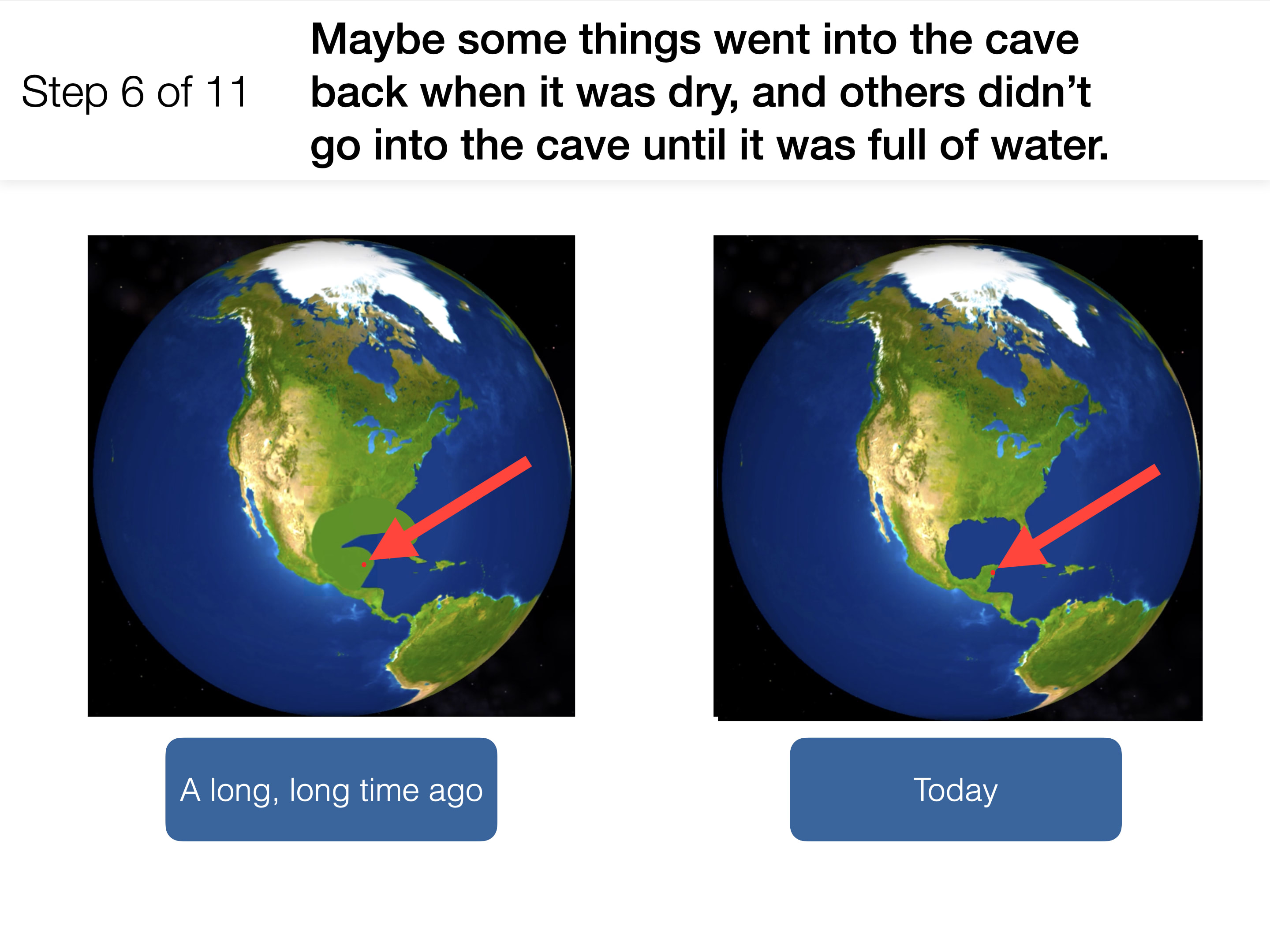
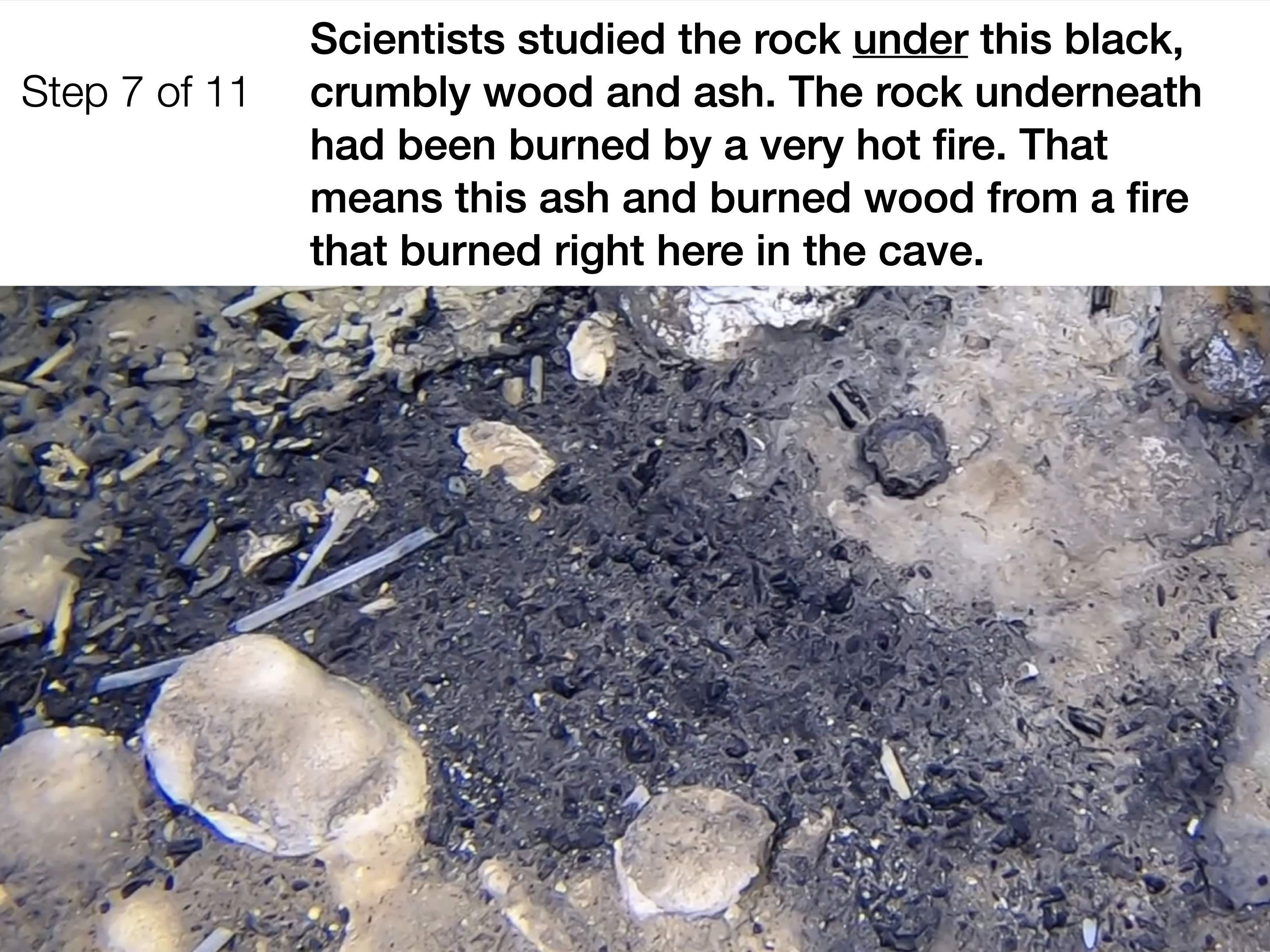
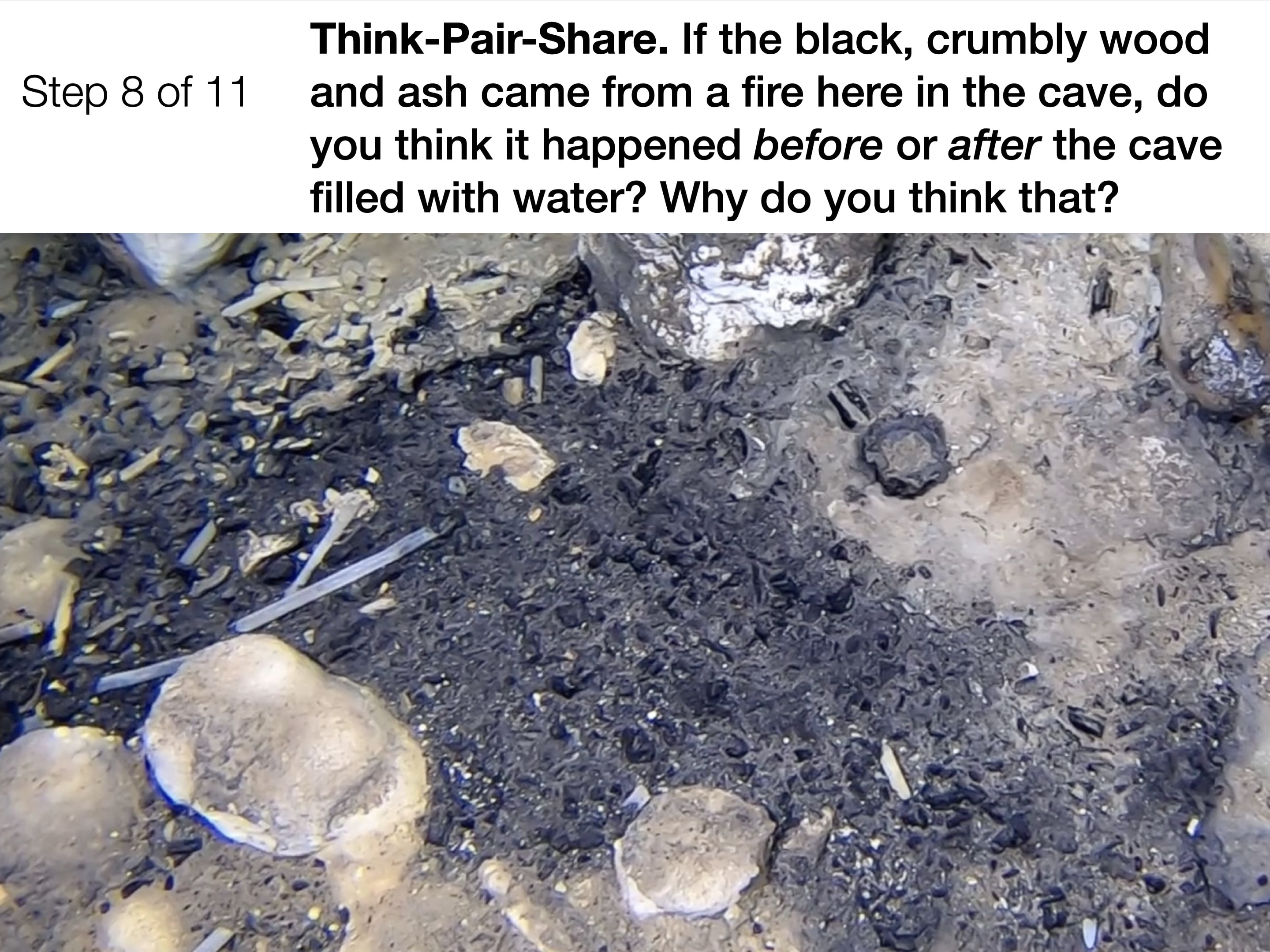
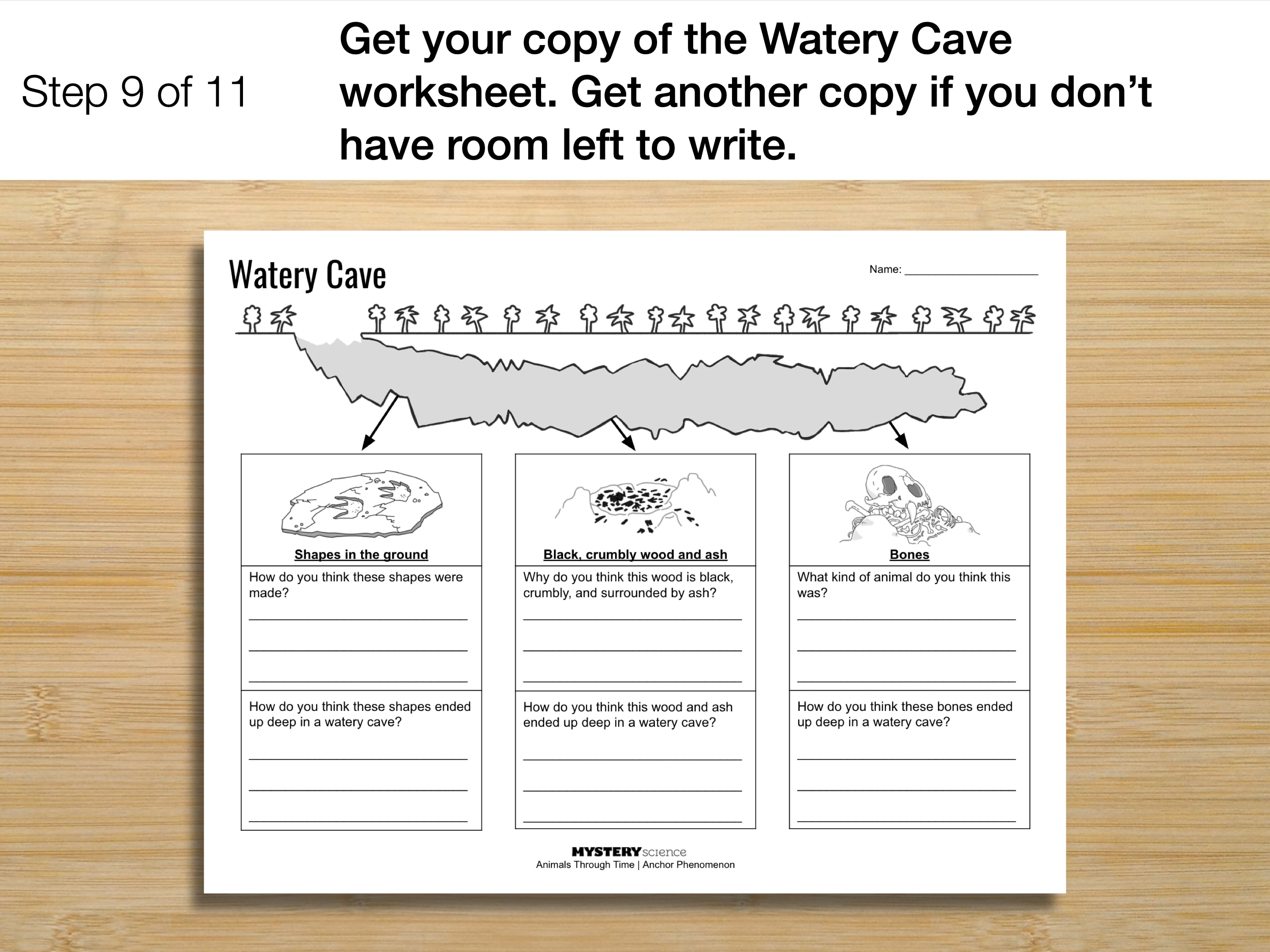
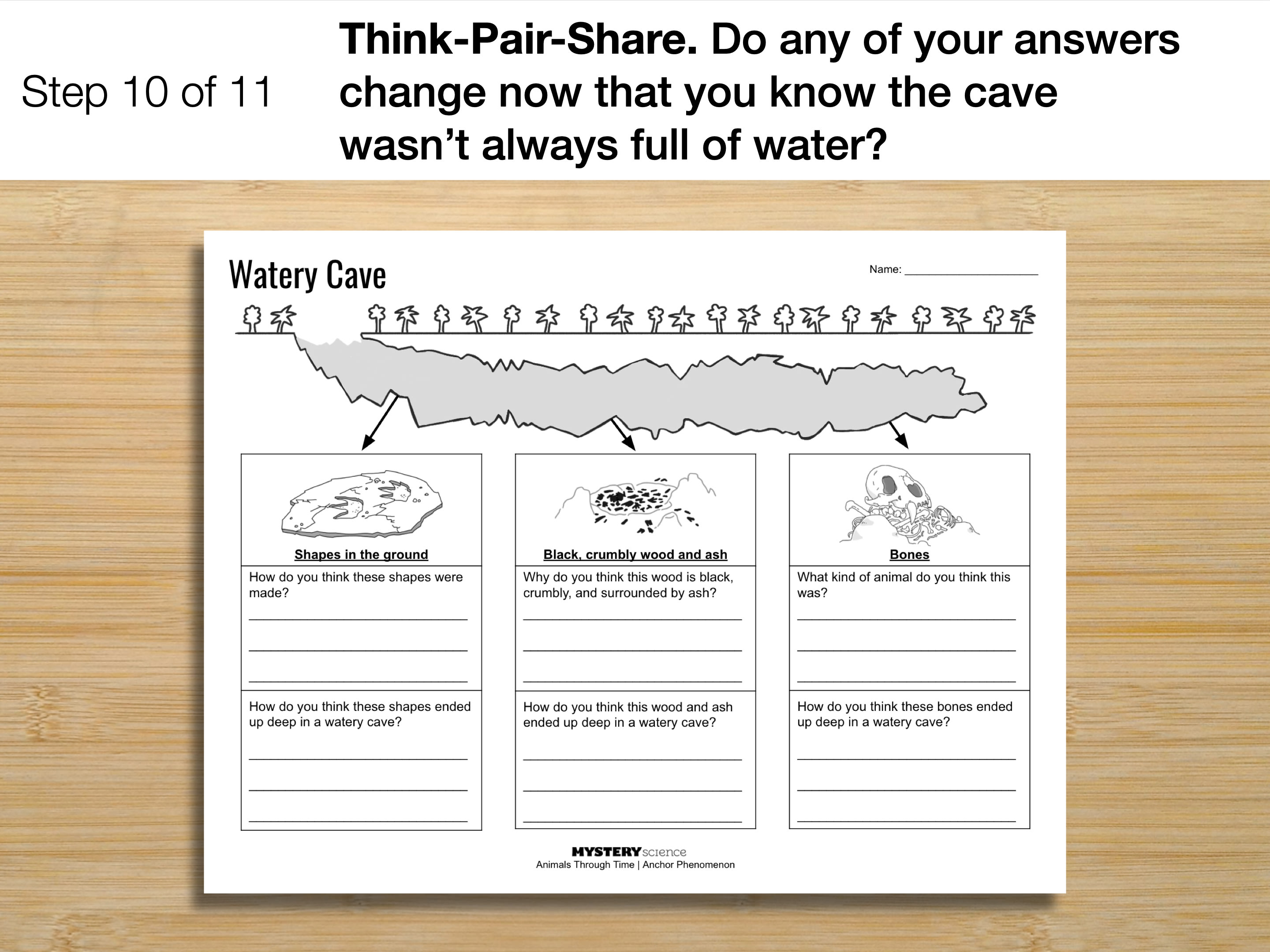
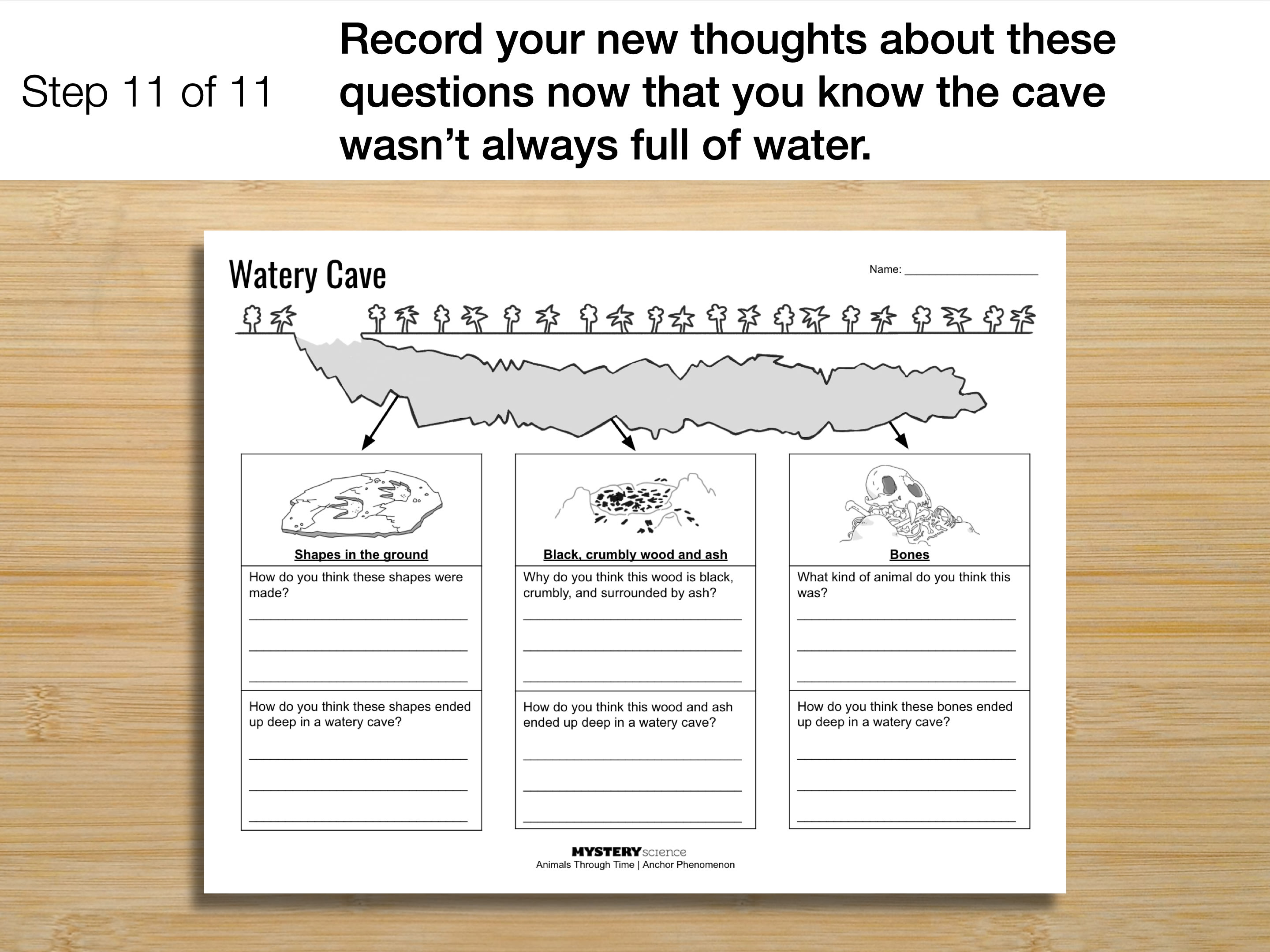

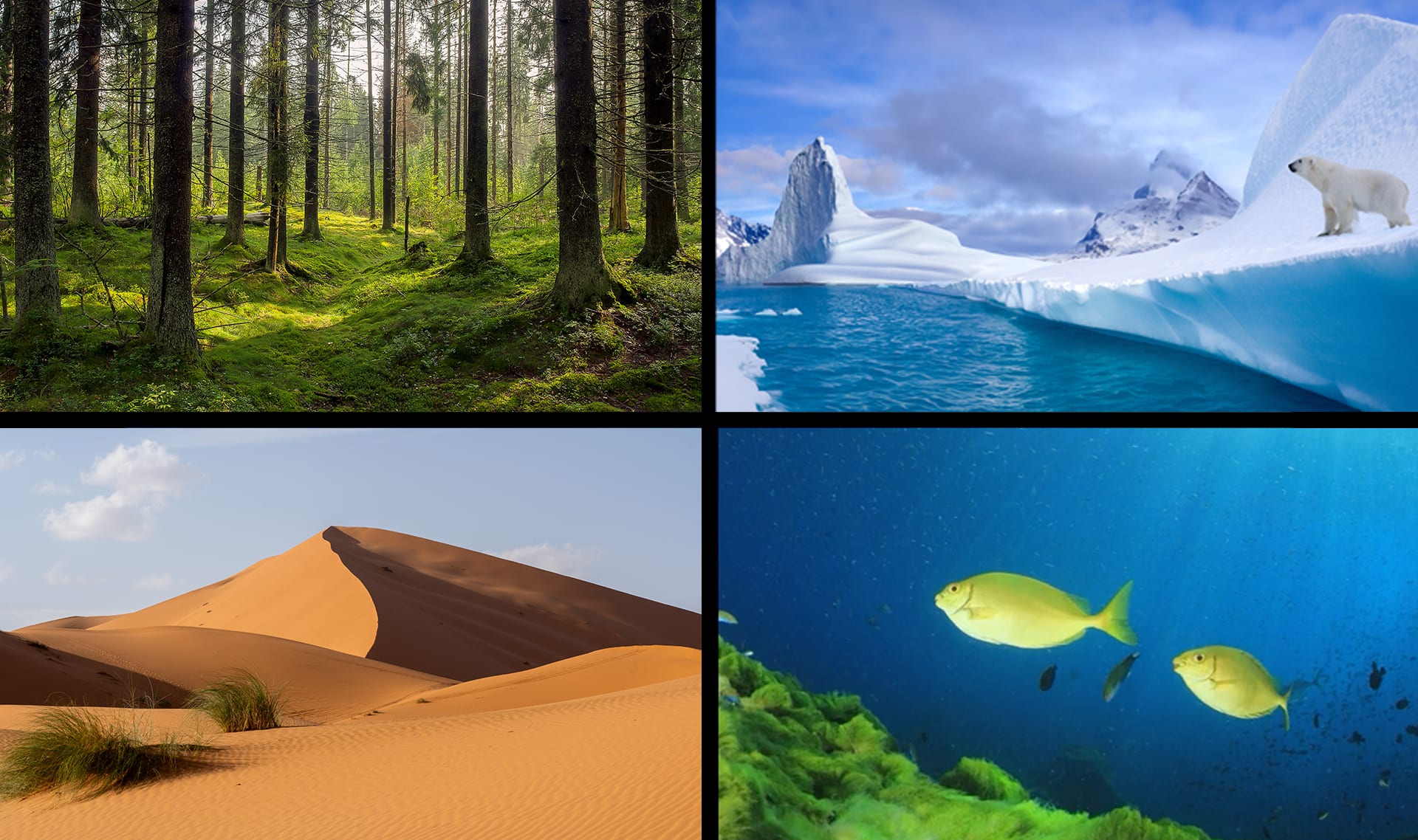
habitat
1 of 13
the place where an animal or plant lives
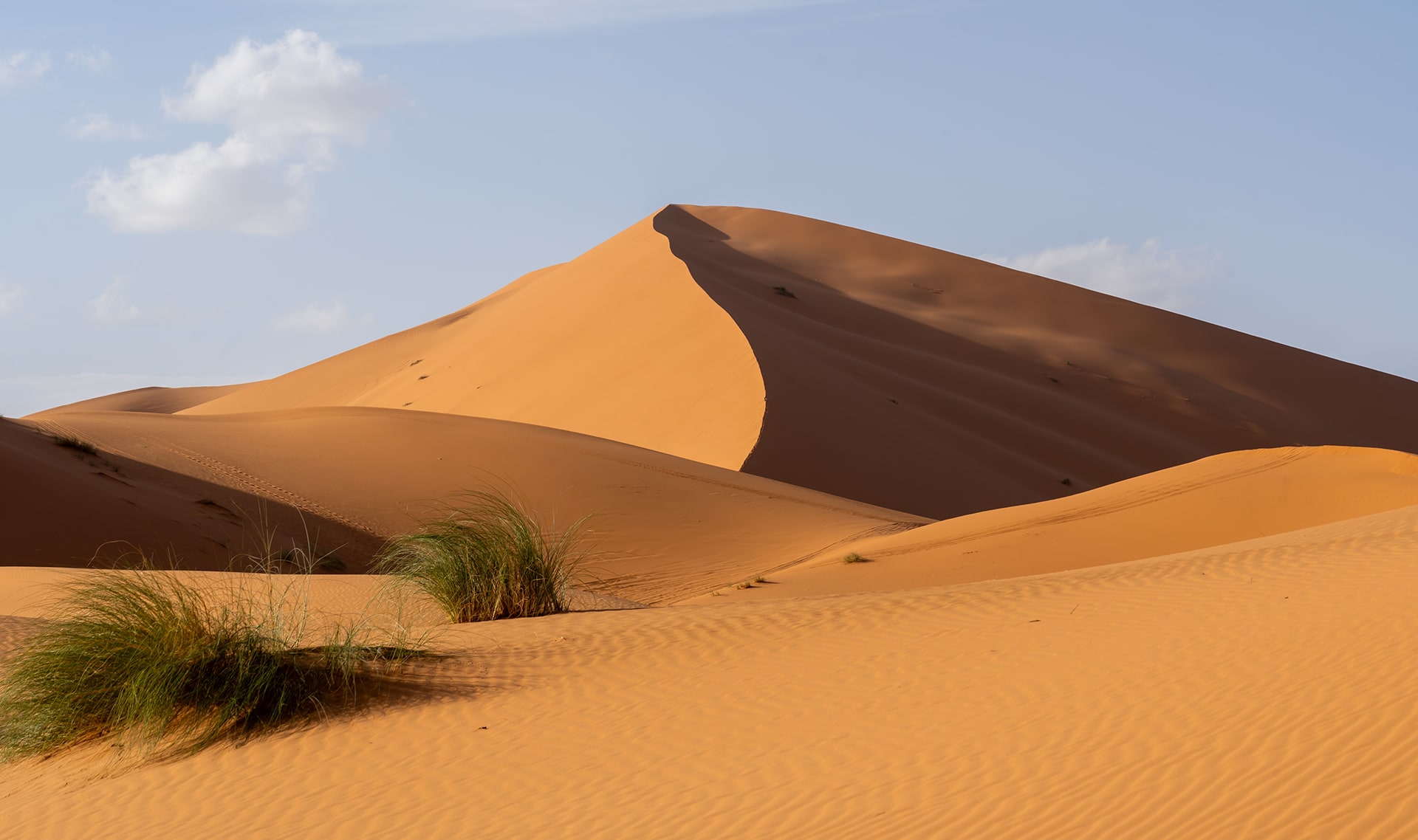
desert
2 of 13
a habitat that is usually hot and that gets very little rain
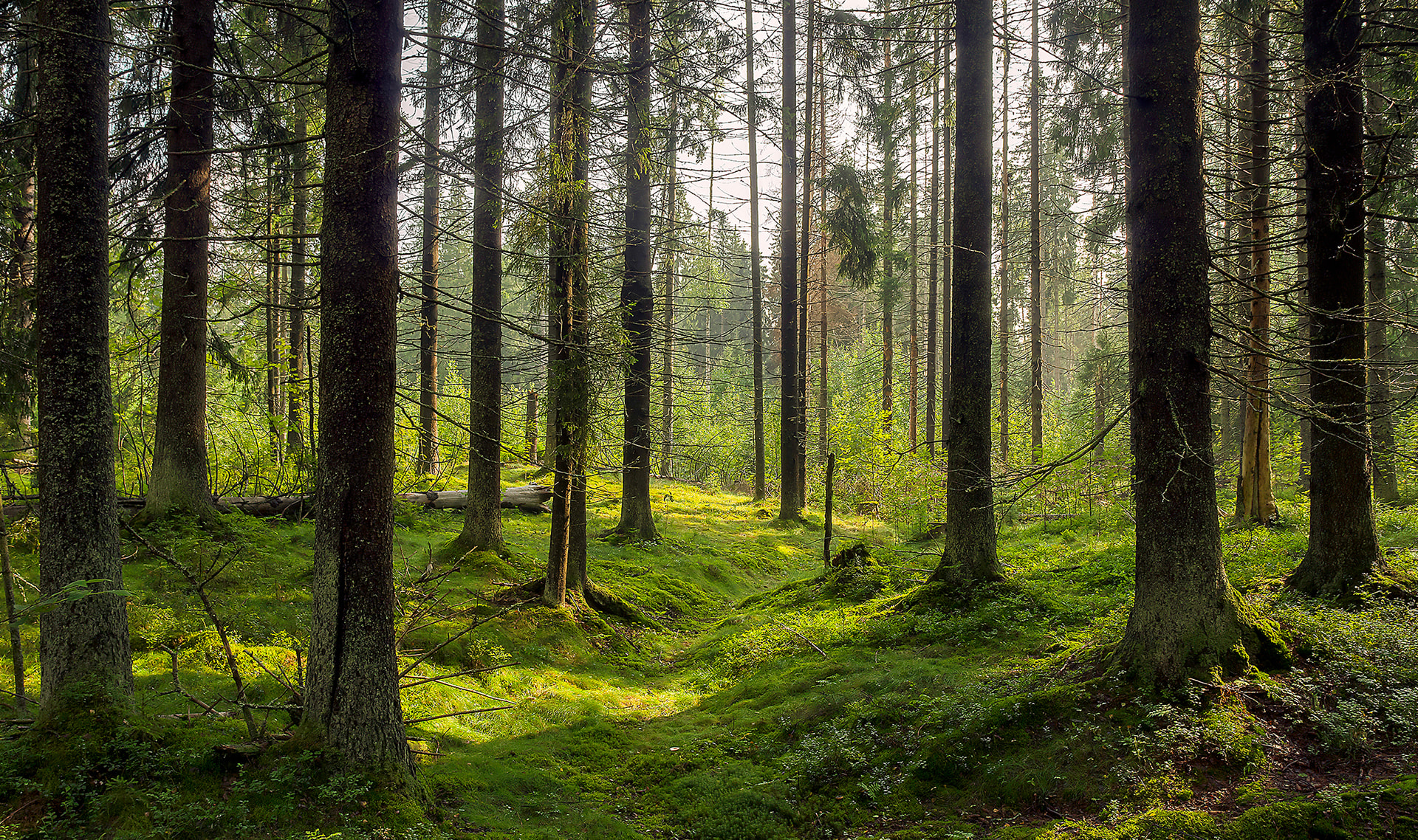
forest
3 of 13
a habitat with lots of trees
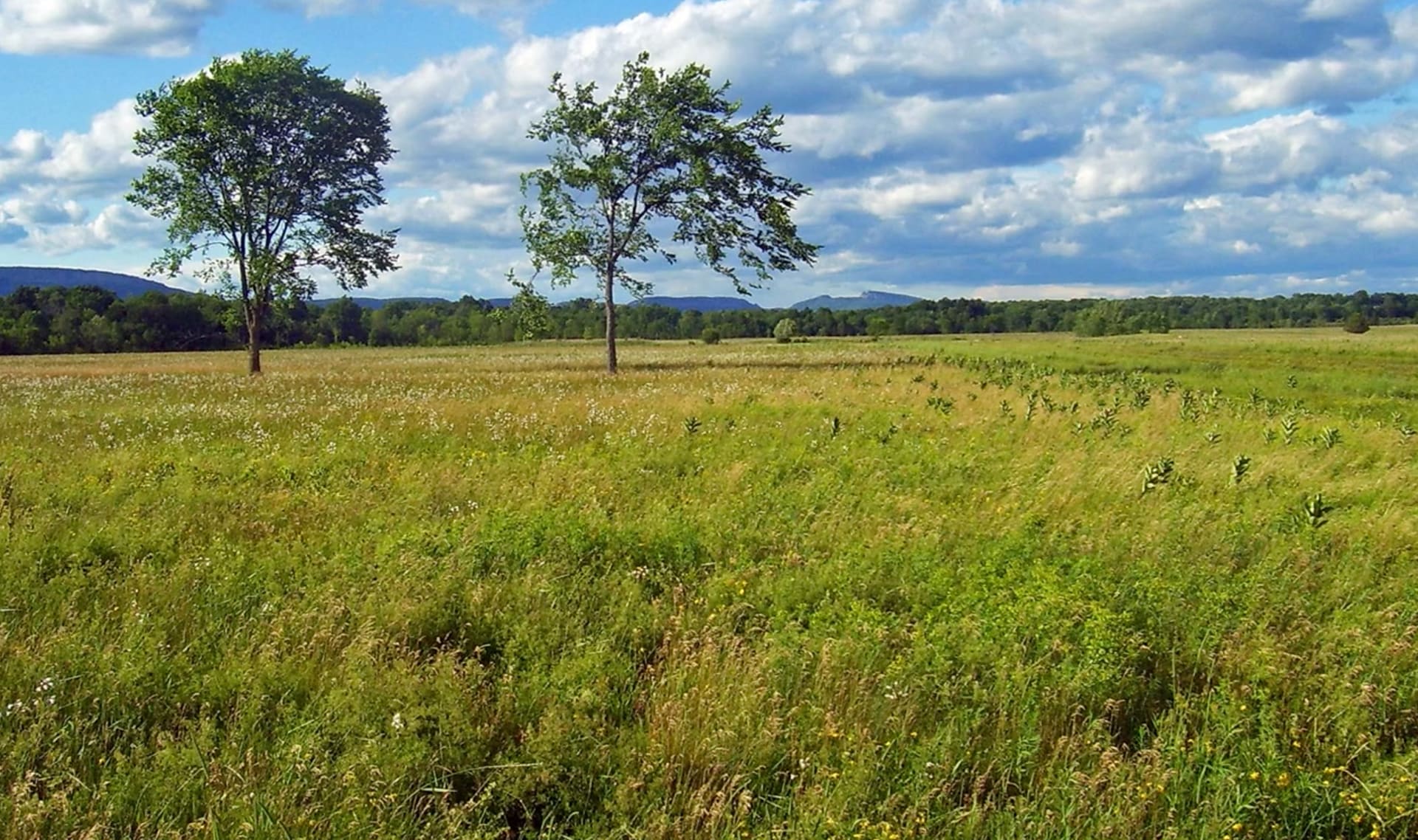
grassland
4 of 13
a habitat with mostly grasses and very few trees
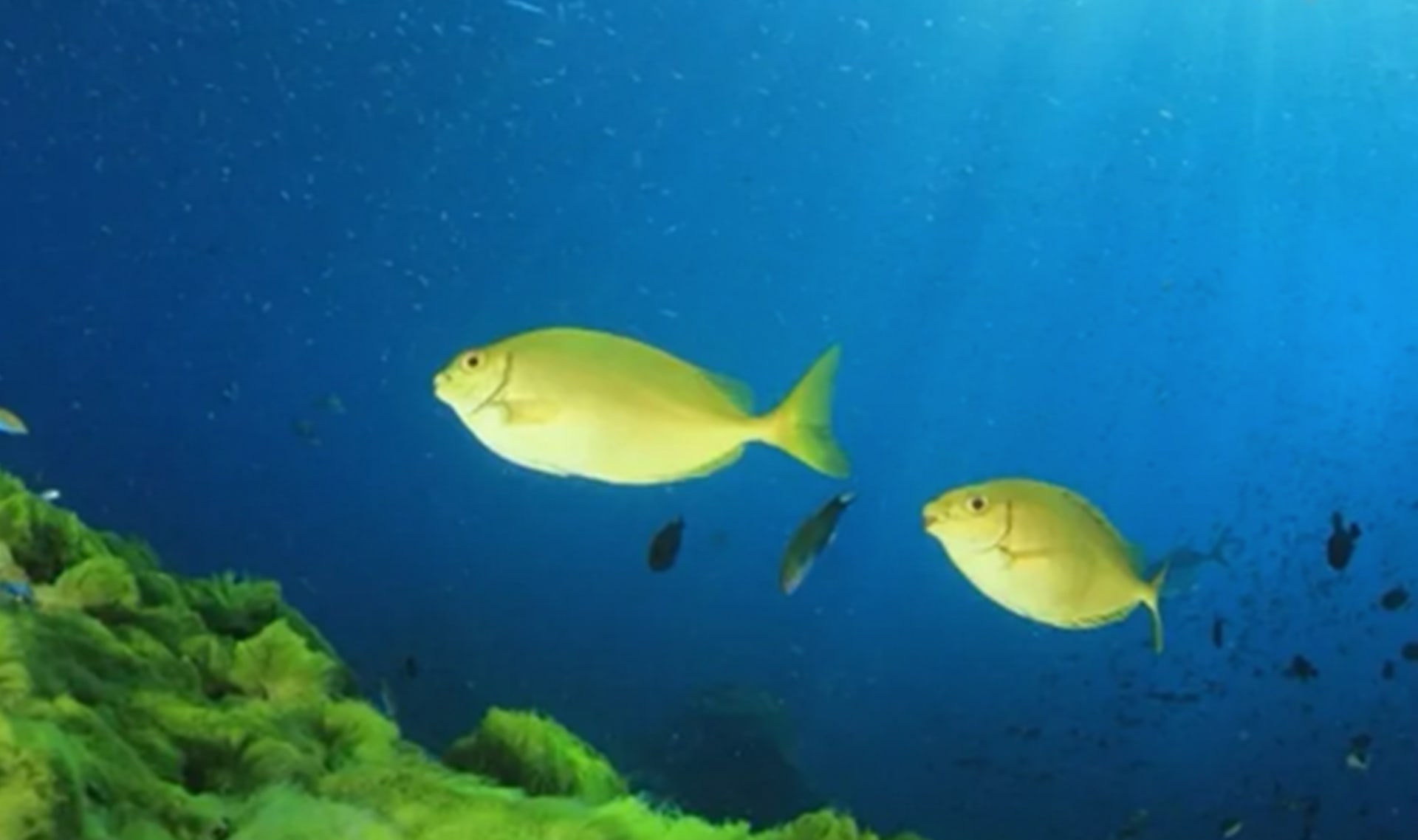
ocean
5 of 13
a habitat that is a large area of salt water

polar
6 of 13
a habitat that is very cold
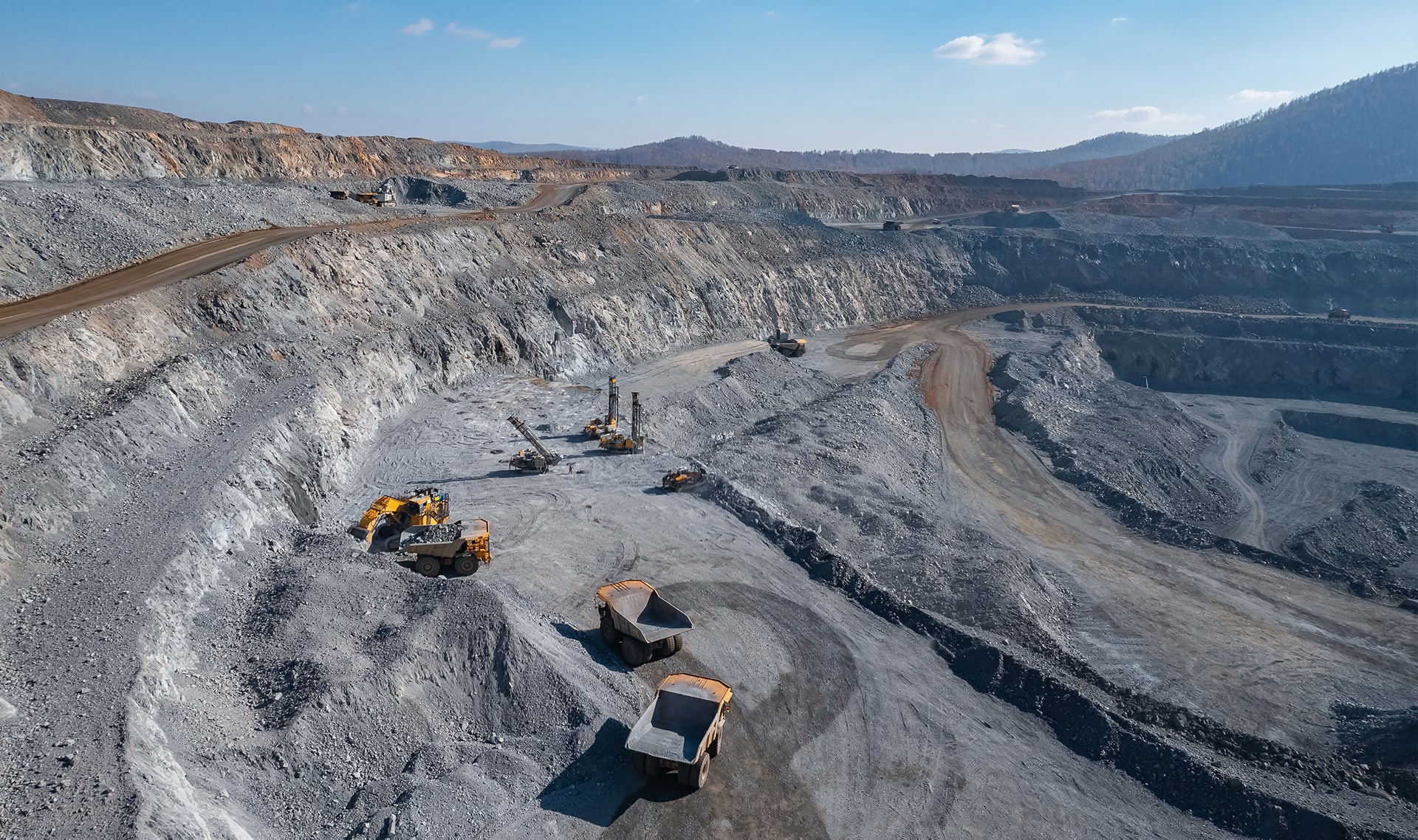
quarry
7 of 13
a large, deep pit that people remove rock from
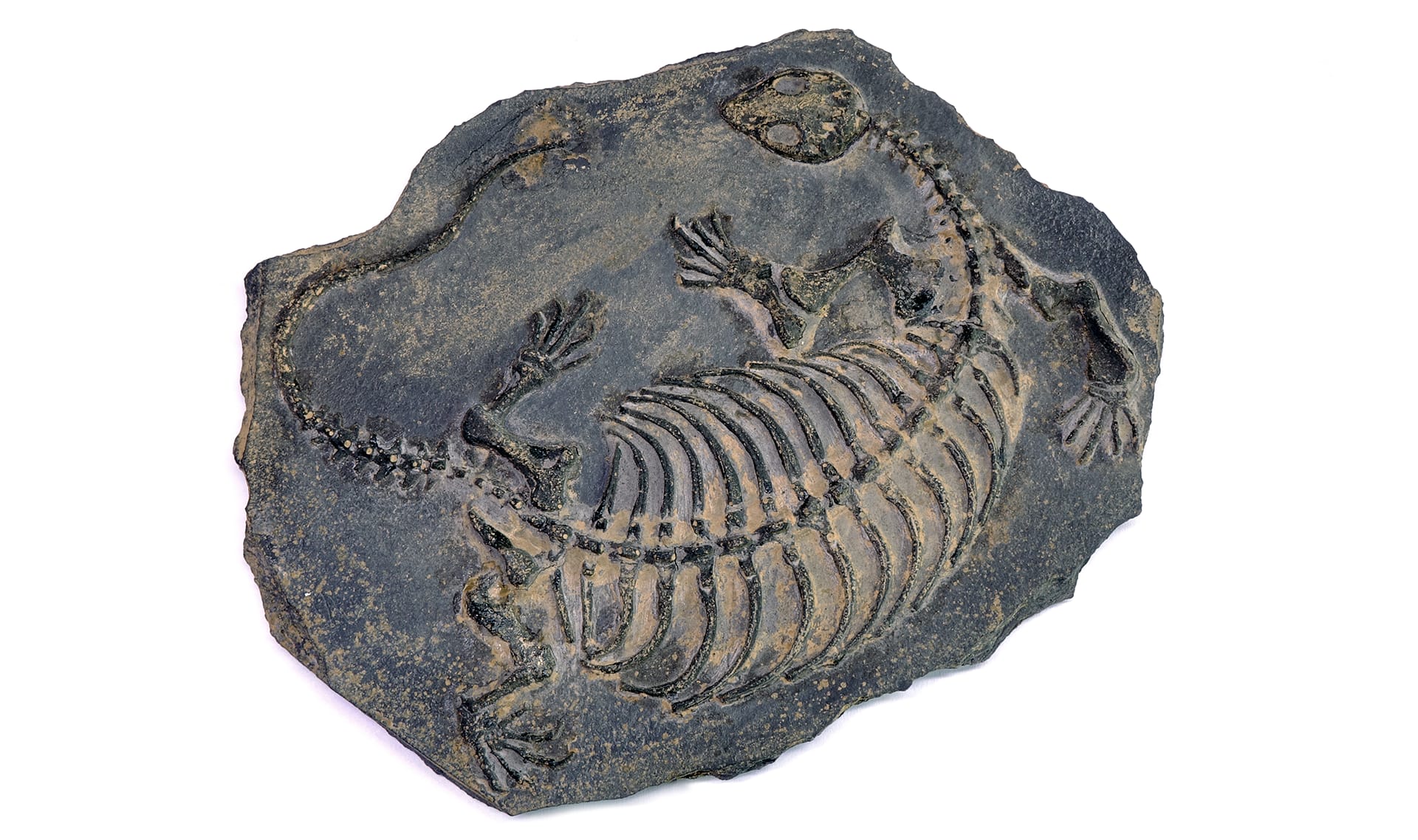
fossil
8 of 13
the remains of a plant or animal that lived a very, very long time ago

observe
9 of 13
to pay close attention to something
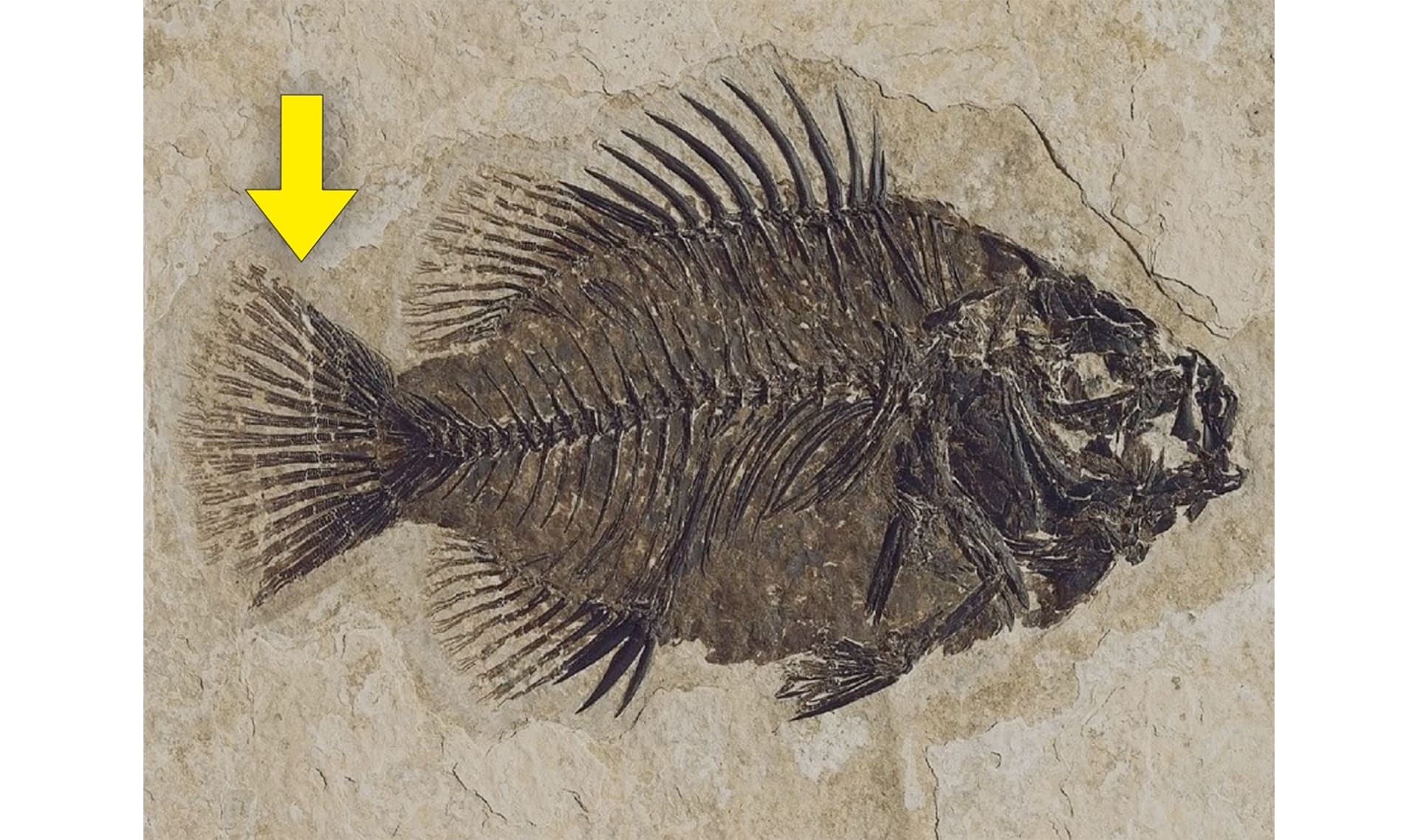
trait
10 of 13
something you can observe about a living thing, such as the broad fins of a fish

claim
11 of 13
to say or write an idea
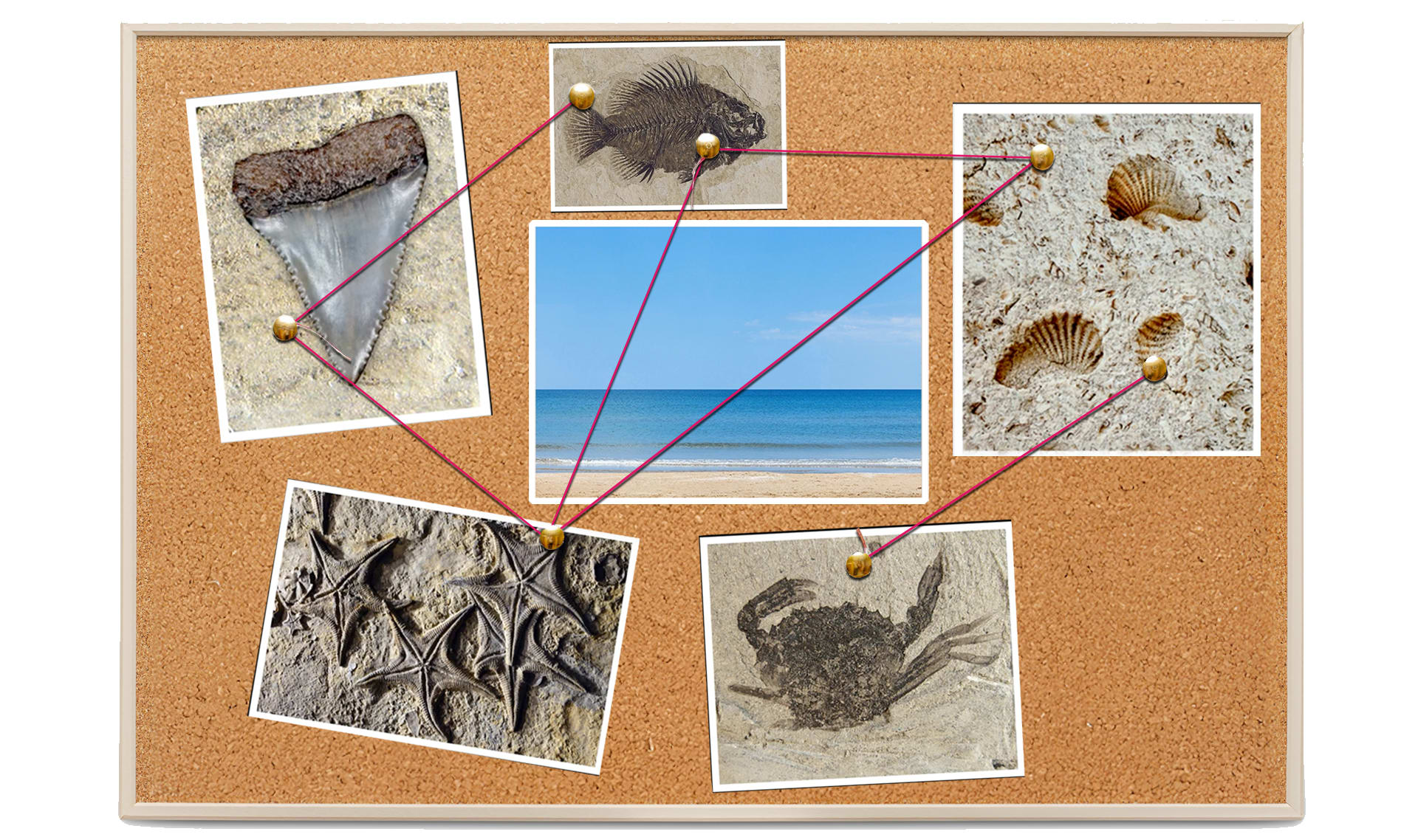
evidence
12 of 13
information that can be used to support or reject an idea
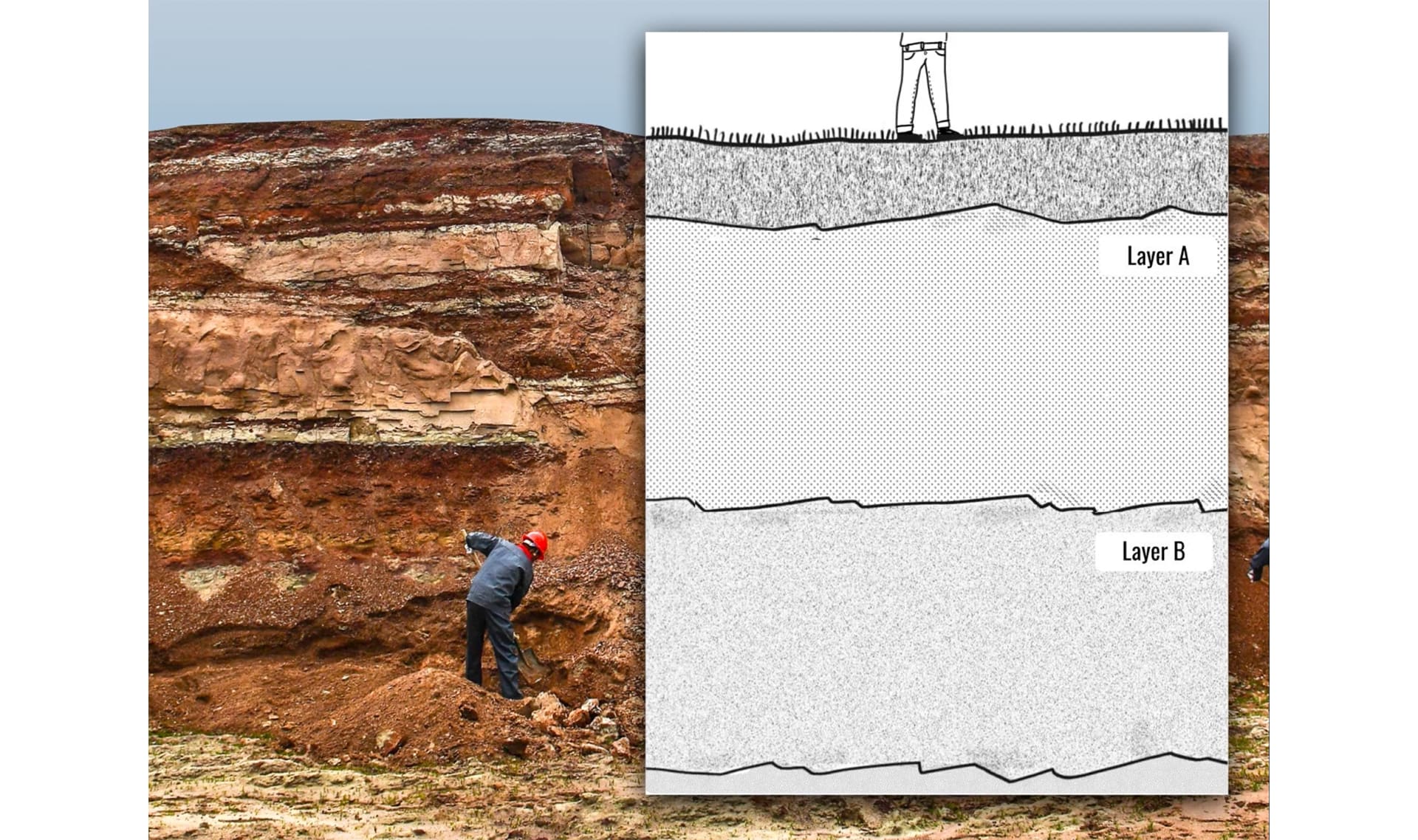
model
13 of 13
a pretend version of something that scientists use when the real thing is too big, small, or complicated to work with



